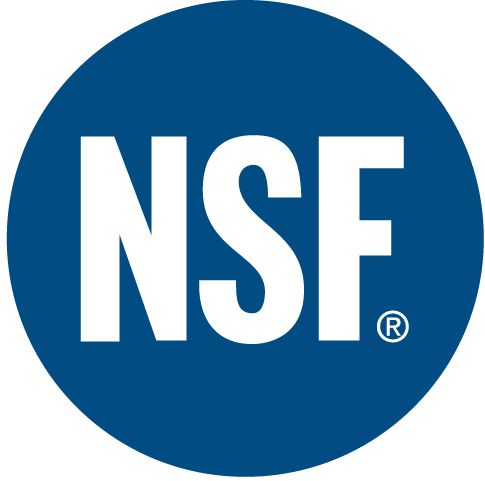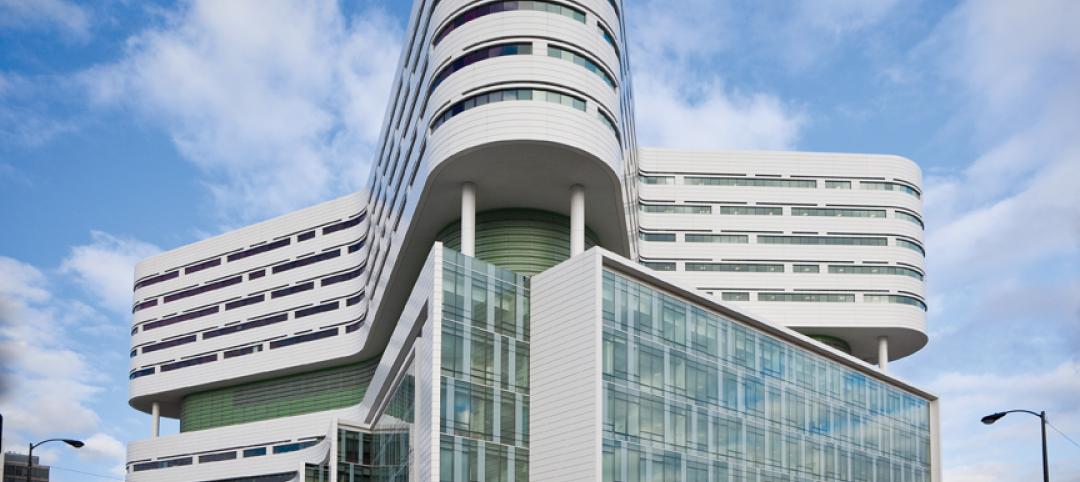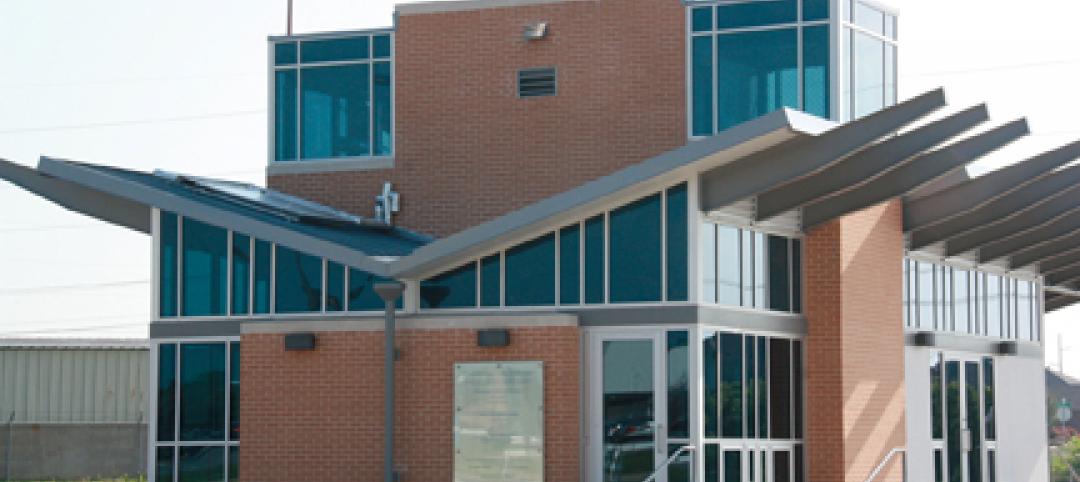NSF International (NSF) developed an American National Standard for Sustainable Roofing Membranes - NSF/ANSI 347 Sustainability Assessment for Single Ply Roofing Membranes.
Certification to NSF/ANSI 347 provides a transparent way for manufacturers of single ply roofing membranes to demonstrate their commitment to applying more sustainable approaches to product development and corporate operations, and enables them to differentiate their products in the marketplace.
Commonly used in the green building industry, single ply roofing membranes provide a waterproofing layer in both vegetative and conventional roof systems. The new NSF/ANSI 347 standard provides a framework for assessing the environmental and societal impacts of single ply roofing membranes across the product life cycle - from raw material extraction through manufacturing, use, and end-of-life management.
NSF/ANSI Sustainability assessment standards are recognized by companies, organizations and governments alike as credible tools for identifying and specifying more sustainable products. BD+C
Related Stories
| May 7, 2012
2012 BUILDING TEAM AWARDS: TD Ameritrade Park
The new stadium for the College World Series in Omaha combines big-league amenities within a traditional minor league atmosphere.
| May 7, 2012
2012 BUILDING TEAM AWARDS: Fort Belvoir Community Hospital
A new military hospital invokes evidence-based design to create a LEED-certified facility for the nation’s soldiers and their families.
| May 7, 2012
2012 BUILDING TEAM AWARDS: Audie L. Murphy VA Hospital
How a Building Team created a high-tech rehabilitation center for wounded veterans of the conflicts in Iraq and Afghanistan.
| May 3, 2012
2012 BUILDING TEAM AWARDS: Rush University Medical Center
This fully integrated Building Team opted for a multi-prime contracting strategy to keep construction going on Chicago’s Rush University Medical Center, despite the economic meltdown.
| May 3, 2012
U of Michigan team looking to create highly efficient building envelope designs
The system combines the use of sensors, novel construction materials, and utility control software in an effort to create technology capable of reducing a building’s carbon footprint.
| May 3, 2012
Best commercial modular buildings and marketing programs recognized
Judges scored entries on architectural excellence, technical innovation, cost effectiveness, energy efficiency, and calendar days to complete.
| May 3, 2012
Zero Energy Research Lab opens at North Texas
The living lab—the only one of its kind in Texas—is designed to test various technologies and systems in order to achieve a net-zero consumption of energy.
| May 3, 2012
Gilbane to provide CM services for North Reading’s integrated middle/high school
The project scope includes a wastewater treatment plant, demolition of the existing high school and extensive athletic fieldwork.














